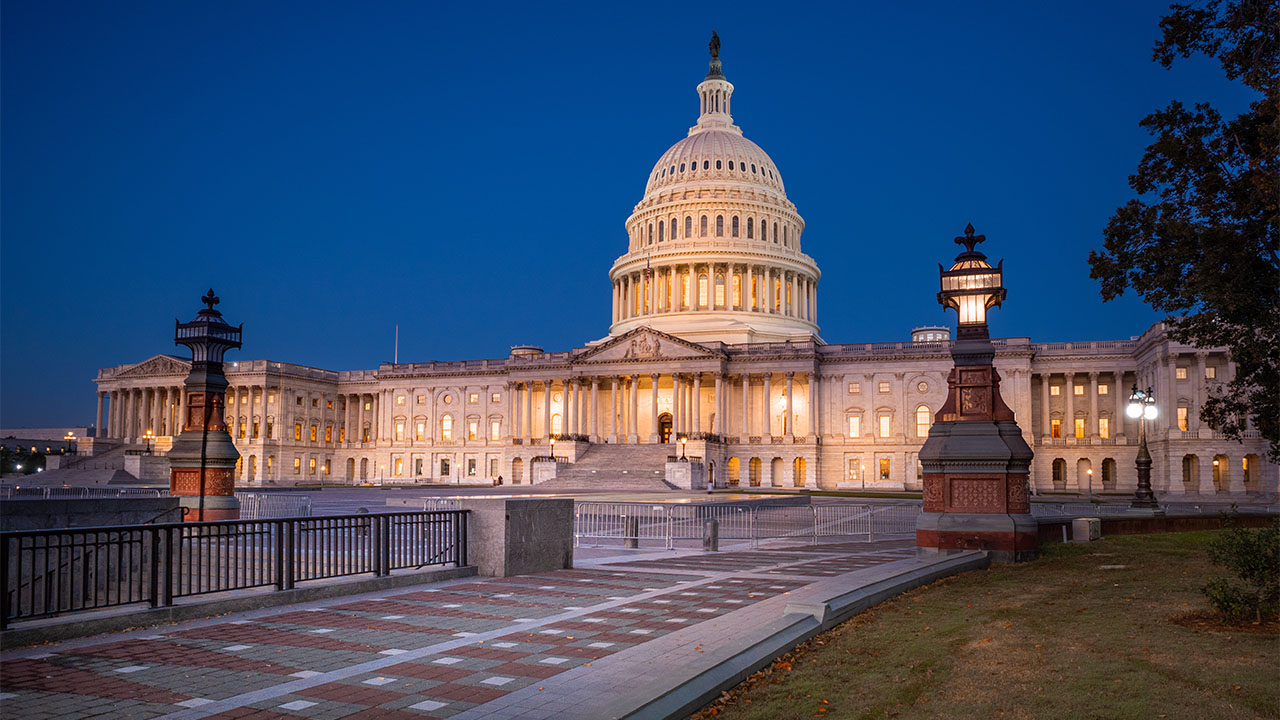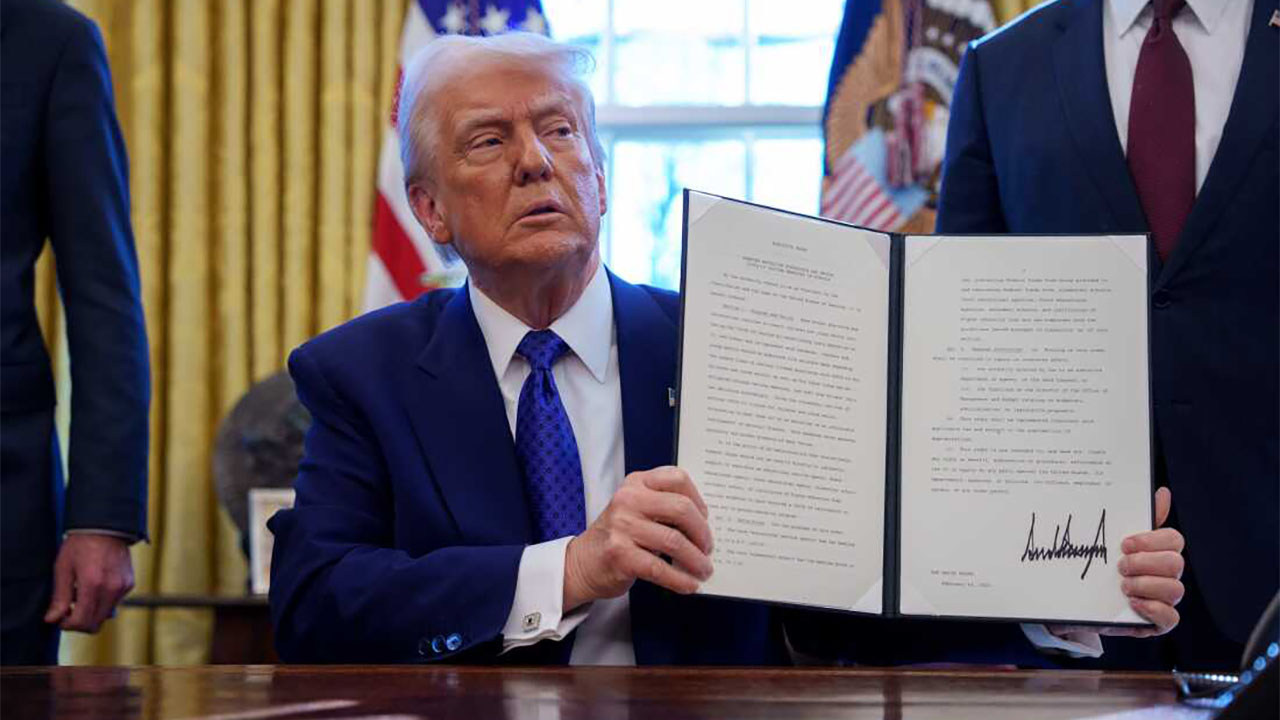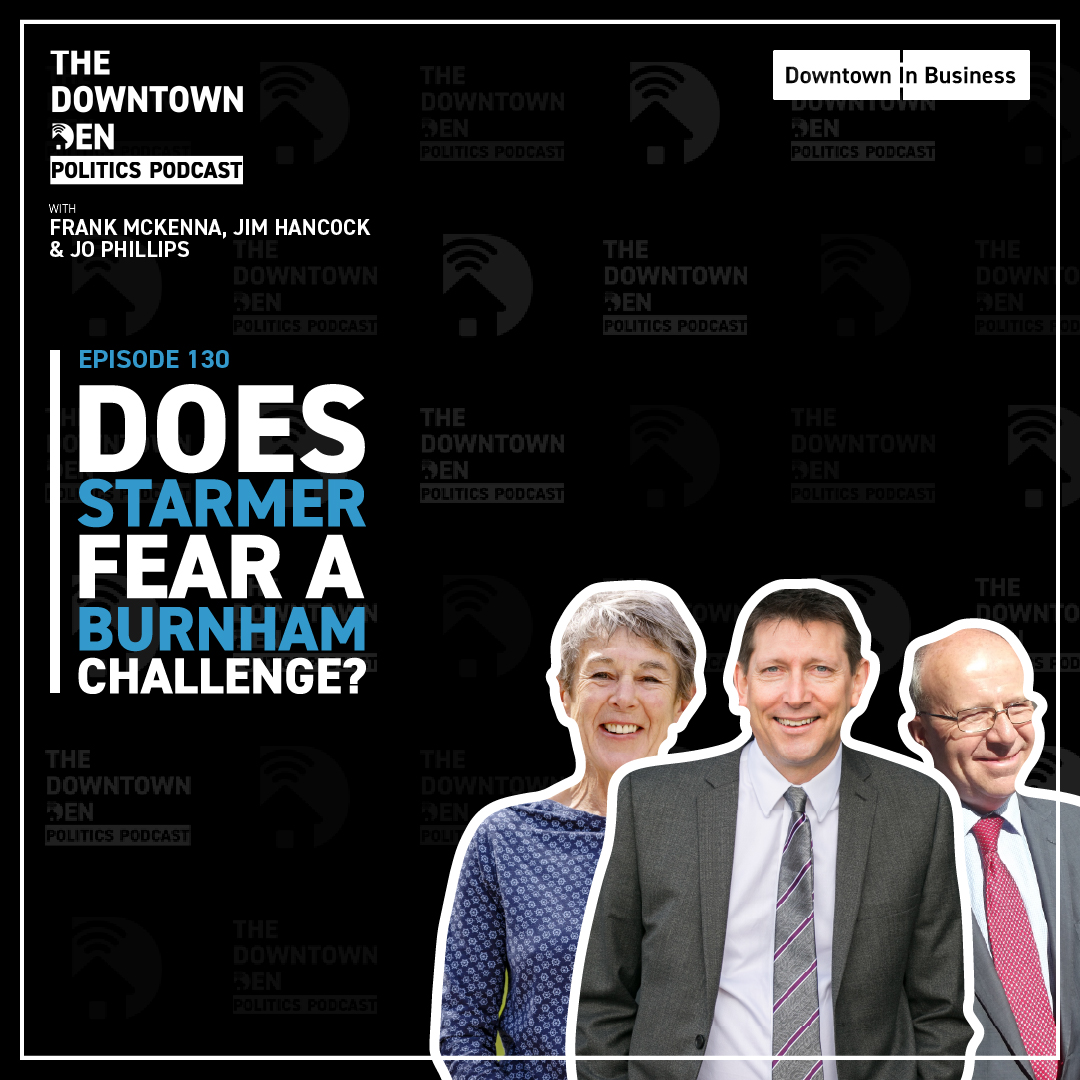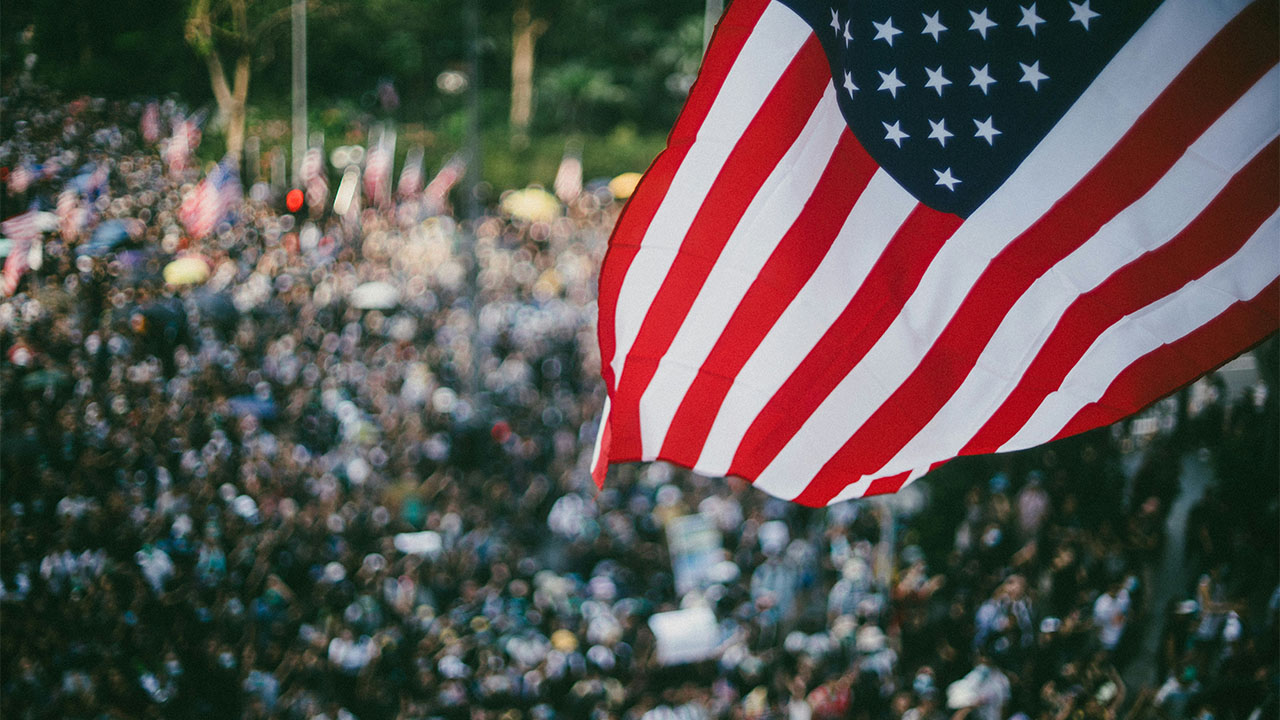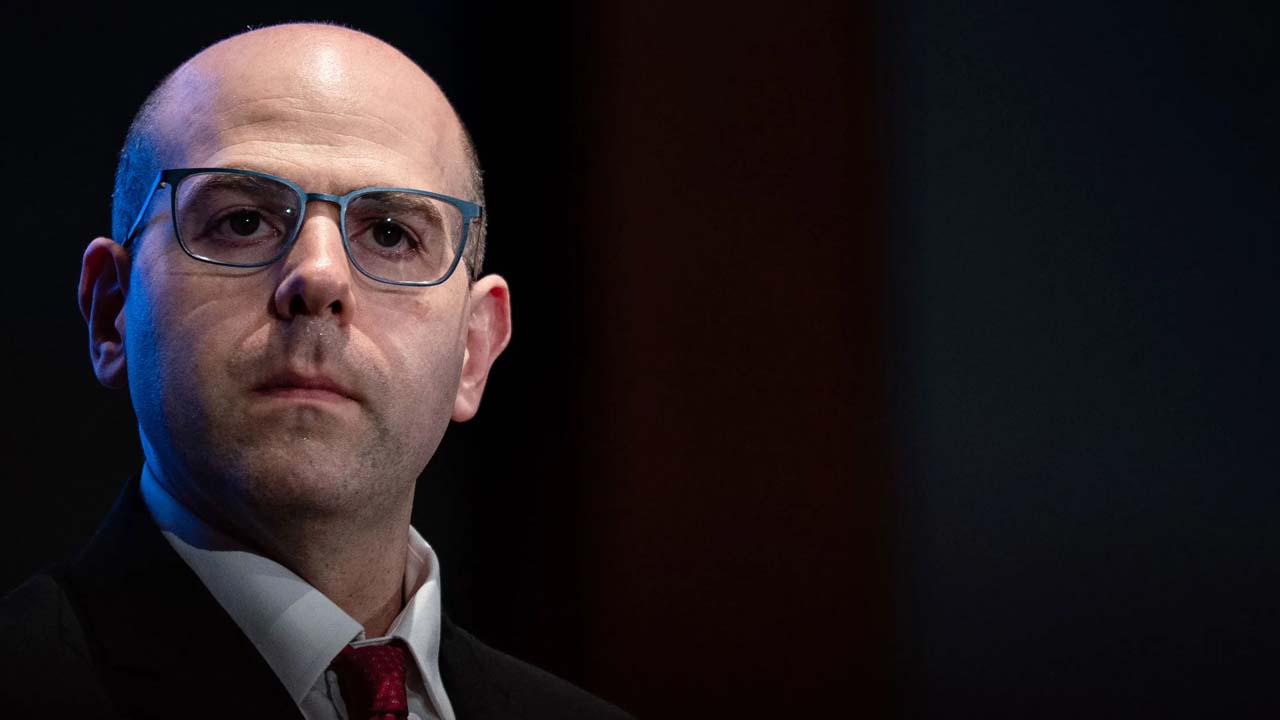Last week, I read on some website that Labour Party members want to dump Starmer and switch to someone they consider to be ‘more left wing’. I also spoke with some friends in the Democratic Party down here in my home base of Florida about how they saw their future prospects.
Labour members, rather than voters, are probably just blowing off steam and longing for the ‘golden days’ of opposition when no real decisions need to be taken, plotting in the stables is the order of the day, and it’s all just revolutionary rhetoric. My Democrat friends displayed a similar comfort in opposing.
Over cold beers, they fumed.
They were, unsurprisingly, agitated by Donald Trump’s economic and political agenda, the uncertainty of America’s place and standing in world affairs, and the possible tariff-fueled economic contraction or correction stock market voices have been warning about since the election.
I listened intently to their gripes and worries and could fully understand their concerns. They fretted about moving closer to a global nuclear conflict, the absence of peace in Ukraine and Gaza, and the President’s recent heated words with largest trade partner and neighbour to the north, Canada.
The conversation was also proof that politics increasingly operates in bubbles, listening to the voices and opinions we already agree with, and cancelling out the noise of any dissenting views. Guardian readers to the left, Telegraph to the right.
Unsurprisingly therefore, I didn’t hear anything about the domestic stock market indices – S&P and Nasdaq – all hitting record highs. I heard nothing about Trump’s appearance at NATO and the world’s agreement to pay significantly more towards its own defence, and absolutely nothing about the likelihood that trade deals with China and others are, according to multiple sources, close to being signed.
I also learned nothing about where, other than opposing Trump, the Democrats were heading.
On the walk home, I pondered the options, and to me it seems there are only a few routes for the Democrats to pursue.
Two of those possible avenues were explored last week in my spiritual home, New York.
There, Zorhan Mamdani – a Uganda-born State Assemblyman from Queens – surprised many by beating Andrew Cuomo to be the Democratic Party’s nomination for November’s NYC Mayor election.
That Cuomo – a former NY Governor from a storied New York politics family – was defeated was less of a surprise than the 33-year-old self-declared Socialist, Mamdani winning.
If Cuomo had been successful in being elected NYC Mayor he would have become the oldest incumbent in the job ever and, in a post Biden and Trump zeitgeist, I wager a more youthful candidate is more likely to win.
But beyond Cuomo’s age, he is 67, what he represents is perhaps as big a sign of what is to come for the Democrats future hopes in New York City and elsewhere across the nation.
If Cuomo had won the primary, it would have given credence to the idea that all the Democrats need do is sit tight and let MAGA Republicans and Trump implode, and the politics of the country will revert to ‘normal’.
I think they are mistaken.
The Democrats rather than the Republicans are seen as the party of the institutions, the establishment and the status quo. Cuomo is married to ‘a Kennedy’ and his dad was governor of NY before he got the job. Could you be any more establishment?
You don’t have to be a Trump supporter to recognize and acknowledge that U.S. politics has changed, probably forever. Reality TV ‘stars’ are everywhere from the White House to City Hall. Personality and stardom are now part of the mix.
I’ve long called politics ‘showbusiness for ugly people’ and that’s now truer than ever.
For proof of the political power of personality, you need look no further than NY Republican’s decision to allow Curtis Sliwa to run unopposed as their NY candidate.
Despite him being destroyed in the 2021 Mayoral election, they are gambling that his reputation as the beret-wearing founder of 1980’s subway safety gang Guardian Angels will be more important to voters than him telling his podcast listeners that President Trump is “a screwball and a crackpot’. An anti-establishment profile and personality trumps loyalty, it seems.
So, for Democrats, if sitting on your hands hoping the pendulum of two party-politics swings back in your favour is no longer an option, what is?
Another path is the one NY Democrats have just taken.
It seems, like their Labour Party counterparts, they are looking to create a left-wing populist movement to rival Trump’s MAGA troops, a bit reminiscent for UK voters of Corbyn’s Momentum army. That line of attack is represented by Mamdani, along with AOC – Alexandria Ocasio-Cortez, the firebrand Representative for New York – and other disciples of veteran activist Bernie Sanders.
The challenge for this approach, as it was for Corbyn, is just how much further to the left of the American voting public they are.
Mamdani has called for government-run grocery stores – which sounds more like Cuba or the former Soviet Bloc than midtown Manhattan – and he is so strongly one sided on Middle East issues there are some uncomfortable noises coming from New York’s sizeable Jewish Democratic Council of America that he is in danger of spilling over into an anti-Israel rhetoric, bordering even on antisemitism.
While voters are hungry for change I’m not sure mainstream middle America is looking for revolution.
There is another route for the party, perhaps a more promising one.
It is also one where youthful, skilled political operatives need to come to the fore.
There is no doubt Mamdani and his fellow progressives have mastered the art of contemporary political campaigning. They understand social media, the power of images, and the need to be ‘authentic’. But the smart ones don’t push their more radical agenda to the front. Instead, using brand building techniques to develop trust with communities and elector-segments who share their desire to shake up the status quo, they earn credibility and visibility on the issues which count – economic opportunity, cost of living crisis, housing and health, crime and community.
While Mamdani’s outspoken, revolutionary narrative clearly found a supportive audience in the nation’s biggest, most liberal city, how will it play in Florida, New Jersey, Virginia, Wisconsin, or rural Pennsylvania and Ohio – places the party must win if it is to rebalance Congress or claim the White House in 2028?
How radical are the electors in Pensacola, East Brunswick, Lexington, Oshkosh, Gettysburg and Lima?
The Republicans are understandably delighted with Mamdani’s selection.
They will be replaying his ‘back catalogue” of comments about Israel’s ‘genocide’, his statement that the NYPD is ‘racist and a threat to public safety’, and his call to ‘globalize the intifada’ as a worrying reveal about the Democratic Party writ large, not just its New York exotic wing.
President Trump wasted no time in declaring Mamdani ‘a 100% Communist lunatic’.
That will stick, and dangerously, be repeated.
Every candidate on the Democrat ticket everywhere will be asked if they agree or disown Mamdani’s colourful language and phrases. Splits and fissures in the Democratic Party messaging could be what saves the Republicans in the mid-term elections – arguably the most important race outside of the General Election.
Somehow, between now and November – and more importantly November 2026 when the bulk of the elections take place – the Democratic Party needs to find a way to blend the appealing message of change which resonates with so many voters, harness the youthful energy and optimism of the progressives, but they must also coordinate and curate how it is delivered, articulated and inculcated into the political narrative in a manner which will win an election rather than an argument.
It has been done before. Clinton and Obama delivered it in the US, and Blair in the UK.
Once more it seems, it is time for the Third Way.



